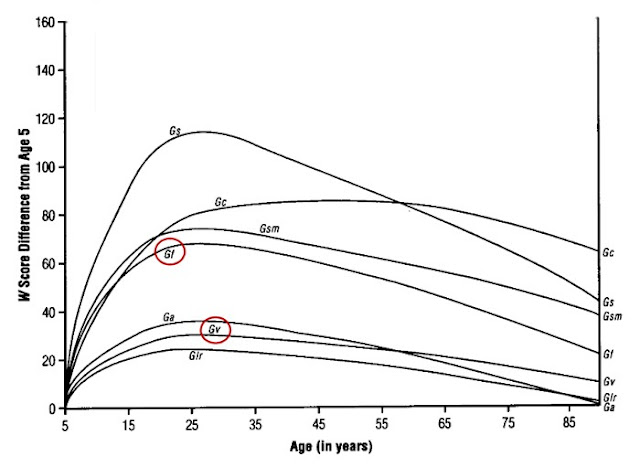Growth Mindset
Before watching the three videos, I had not heard of Carol Dweck, but I was familiar with the concept of failure as a great moment of learning. I agree wholeheartedly with the goal of molding children into robust students, who not only bounce back from failure, but also attempt challenging new concepts.
I do however have a couple issues with how some of the things she says. First off, and this is one of the reasons that I do not like the TED talk format, she presents evidence for the efficacy of growth based learning such as the standardized test scores of a Harlem kindergarten class and the impressive school ranking increase of a Native American school near Seattle. In regards to the kindergarten class she provides no evidence that the teaching method increased their scores relative to their peers. For the school near Seattle she provides no explanation as to what metric they used to determine which school was number one in that district. If the metric were standardized testing, then it would be very compelling that the teaching method did cause the increased ranking. Again these issues are more with the short length of TED talks, but I think her message would have been stronger if she had covered her bases better with regards to the evidence.
In the third video she talks about how some children have "fixed mindsets" and that they believe "intelligence" is a static trait. She contrasts this with the growth mindset where children believe that they can develop their "intelligence". I think that Dr. Dweck should be more precise when talking about intelligence and specify whether she is talking about fluid intelligence or crystallized intelligence aka ability or knowledge. If she is talking about knowledge, then I agree with her that a change in mindset and a focus on hard work can benefit someone relative to their peers. However, if she is talking about fluid intelligence, then I have more of an issue with what she is saying. One of the ways that we measure fluid intelligence is through IQ testing. An IQ test gives you a score that ranks you relative to people of the same age as you. While IQ relative to one's peers can fluctuate during early childhood, it tends to remain at the same relative to others after childhood, barring degenerative diseases or brain damage.
 |
| Chart illustrating absolute IQ change. Medium |
Overall I think she makes solid points regarding mindset, but limits do exist, and people have strengths and weaknesses and a change in mindset can't do everything.


Comments
Post a Comment